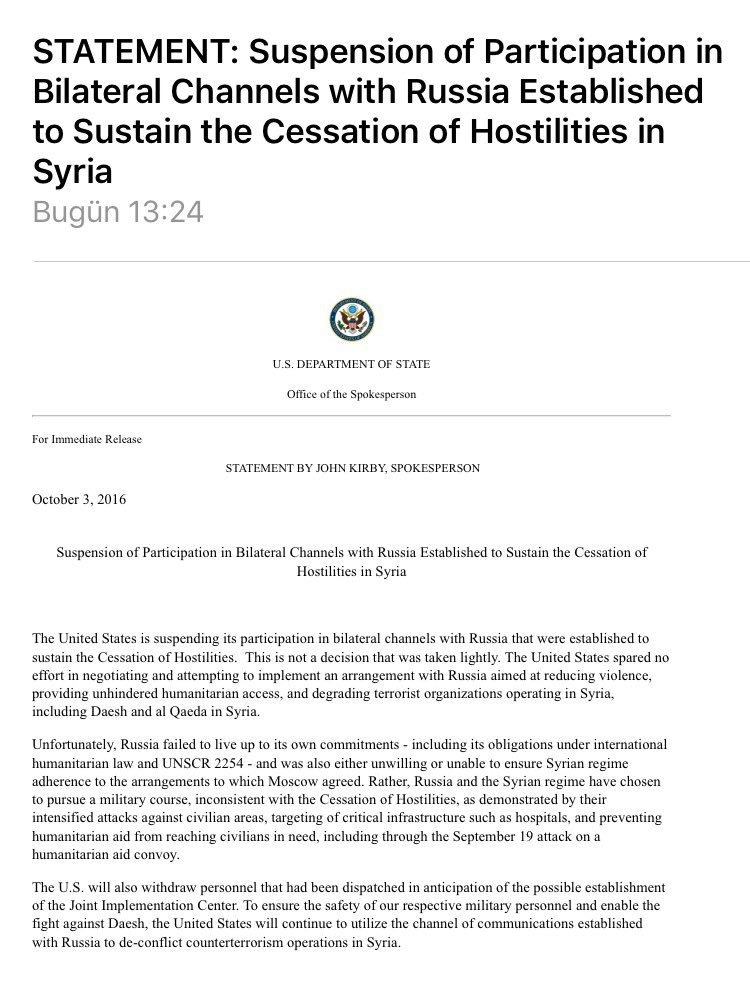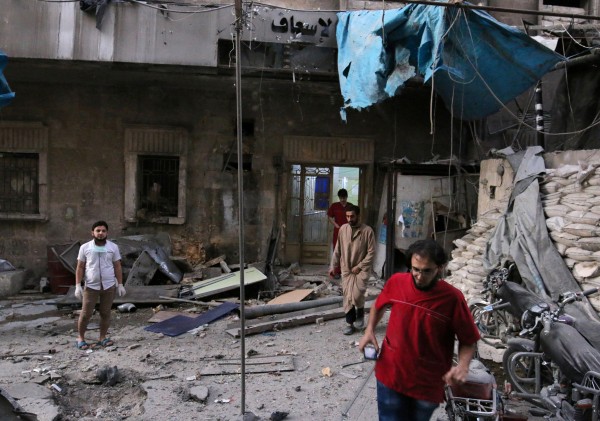Primer: FORT BENNING, Ga. (AP) — Seven Afghan military students in four states have been absent without leave since earlier this month, military officials said.
U.S. Navy Defense Press Operations Cmdr. Patrick L. Evans said in an email Thursday that four students left their posts without leave over the Labor Day weekend, the Columbus Ledger-Enquirer reported (http://bit.ly/2dcWkt2 ). Two of the students were at Fort Benning in Georgia, while one was at Fort Lee in Virginia and the other in Little Rock, Arkansas. More here from CNS.
The European Union and Afghanistan reach an arrangement to tackle migration issues
Yesterday, the European Union and Afghanistan reached an important political arrangement, “The EU-Afghanistan Joint Way Forward on Migration issues”, to effectively tackle the challenges in both the European Union and Afghanistan linked to irregular migration. This is the result of a constructive dialogue based on partnership and a willingness to enhance dialogue and bilateral cooperation in this area. A dialogue at the level of senior officials is foreseen to take place on 4 October to begin the implementation process. (For more information: Maja Kocijancic – Tel.: + 32 229 86570; Natasha Bertaud – Tel.: +32 229 67456; Tove Ernst – Tel.: +32 229 86764)
Guardian: The EU has signed an agreement with the Afghan government allowing its member states to deport an unlimited number of the country’s asylum seekers, and obliging the Afghan government to receive them.
The deal has been in the pipeline for months, leading up to a large EU-hosted donor conference in Brussels this week. According to a previously leaked memo, the EU suggested stripping Afghanistan of aid if its government did not cooperate.
The deal, signed on Sunday, has not been made public but a copy seen by the Guardian states that Afghanistan commits to readmitting any Afghan citizen who has not been granted asylum in Europe, and who refuses to return to Afghanistan voluntarily.
It is the latest EU measure to alleviate the weight of the many asylum seekers who have arrived since early 2015. Afghans constituted the second-largest group of asylum seekers in Europe, with 196,170 applying last year.
While the text stipulates a maximum of 50 non-voluntary deportees per chartered flight in the first six months after the agreement, there is no limit to the number of daily deportation flights European governments can charter to Kabul.
With tens of thousands set to be deported, both sides will also consider building a terminal dedicated to deportation flights at Kabul international airport.
The agreement, Joint Way Forward, also opens up the deportation of women and children, which at the moment almost exclusively happens from Norway: “Special measures will ensure that such vulnerable groups receive adequate protection, assistance and care throughout the whole process.”
If family members in Afghanistan cannot be located, unaccompanied children can be returned only with “adequate reception and care-taking arrangement having been put in place in Afghanistan”, the text says.
The EU has negotiated the agreement with the Afghan government as part of the run-up to this week’s Brussels donor conference, where international donors will pledge aid for Afghanistan for the coming four years. Some Afghan officials seem to have felt strong-armed. The Afghan minister for refugees and repatriation, Sayed Hussain Alemi Balkhi, refused to sign the document, leaving the duty to a deputy.
Still, Afghanistan, whose domestic revenue only constitutes 10.4% of GDP, is so dependent on foreign aid that the government may have had little choice.
Liza Schuster, a Kabul-based migration expert, said the deal was an example of “how developed countries are able to push through their agenda in countries where there simply isn’t the capacity in the ministries to push back”. She added that there had been little transparency in the negotiation process.
“There has been no oversight, no consultation, and hardly any mention of it to any of the migrant organisations or rights organisations [in Europe]. There was no chance to mount resistance against it,” Schuster said.
The large exodus of Afghans last year seemed partly triggered by Angela Merkel opening Germany’s doors to almost a million migrants, but it also coincided with a deteriorating security situation, which has not improved since.
On Sunday, the Taliban mounted a strong assault on the northern city of Kunduz, while attacks have also increased in many other parts of the country.
To prevent a migrant flow of the size experienced last year, the deal commits the EU to help fund public awareness campaigns in Afghanistan warning against the dangers of migrating.
However, not all Afghan asylum seekers arrive to Europe from Afghanistan. An unknown number were born or grew up in Iran or Pakistan. If sent to Afghanistan, many are likely to struggle without the social networks that are often a prerequisite to getting work, even for the well-educated. According to Schuster, who has authored a paper on post-deportation experience, destitute people, who do not choose to leave Afghanistan again immediately after deportation, could be ripe targets for recruitment not only by the Taliban but local strongmen commanding militias. In that sense, deportations could add to instability.
“There is not sufficient protection, the level of generalised violence is too high and Kabul is already bursting at the seams,” Schuster said.
“This particular agreement allows European governments to ride straight through all the argumentation that’s been made over the past 15 years that it’s not safe to return people at the moment.”


